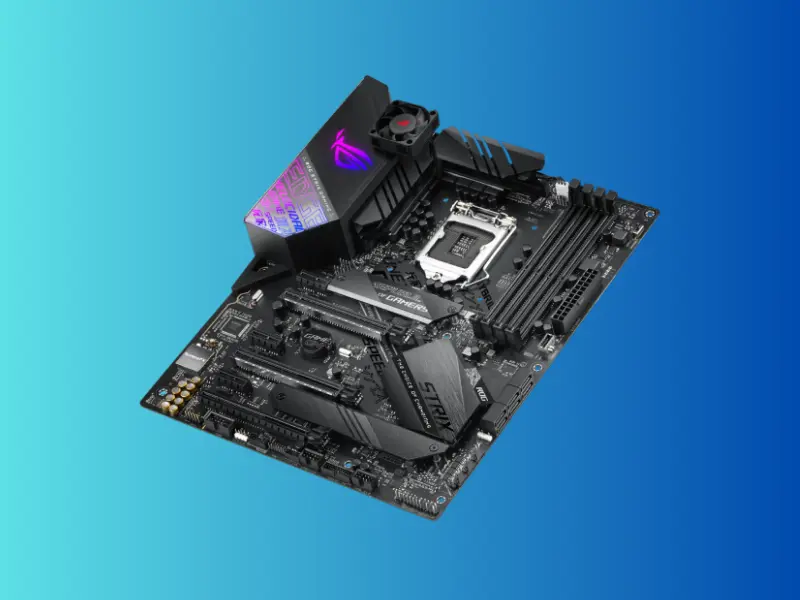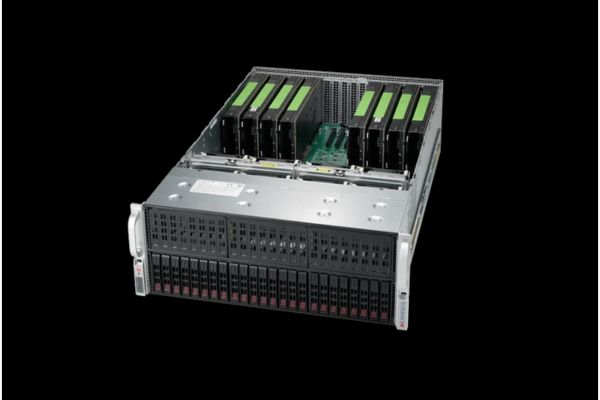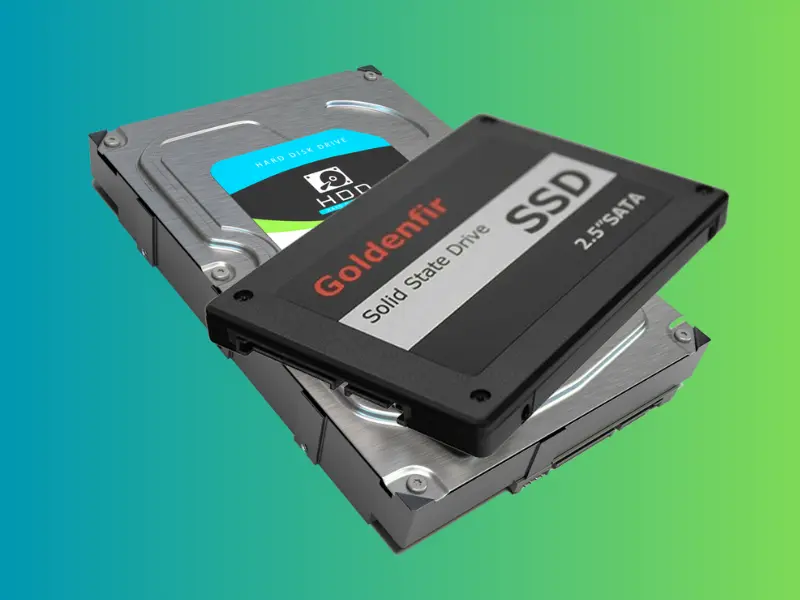When assembling the ultimate gaming PC, the motherboard is one of the most critical components to consider. It serves as the central hub, connecting all the parts of your computer and ensuring they work harmoniously. Choosing the best desktop motherboard for gaming can significantly enhance your gaming experience, offering better performance, stability, and future-proofing your system. In this comprehensive guide, we’ll explore the top options available and answer some essential questions to help you make an informed decision.
What Motherboard is Best for Gaming?
Selecting the best desktop motherboard for gaming involves evaluating several factors such as performance, compatibility, features, and build quality. Here are some of the top motherboards that stand out in the gaming community:
- ASUS ROG Maximus XIII Hero
- Performance: Known for its exceptional overclocking capabilities and robust power delivery, the ASUS ROG Maximus XIII Hero is a top choice for gamers looking to maximize their system’s performance.
- Features: It offers Wi-Fi 6, multiple M.2 slots for fast storage, high-quality audio, and extensive connectivity options.
- Build Quality: The build quality is outstanding, featuring durable components and an efficient cooling system.
- MSI MPG Z490 Gaming Edge WiFi
- Performance: This motherboard provides a great balance of price and performance, supporting Intel’s 10th and 11th Gen processors.
- Features: Includes Wi-Fi 6, USB 3.2 Gen 2, and an excellent power delivery system, making it a versatile choice for gamers.
- Build Quality: Strong build quality with robust VRMs ensures stability and reliability.
- Gigabyte AORUS X570 Master
- Performance: For AMD enthusiasts, this motherboard supports Ryzen 3000 and 5000 series CPUs, offering PCIe 4.0 for faster data transfer rates.
- Features: Comes with advanced thermal design, multiple M.2 slots, and high-quality audio.
- Build Quality: Known for its solid construction and efficient cooling solutions, making it ideal for high-performance gaming setups.
- ASRock B550 Taichi
- Performance: Supports AMD Ryzen processors and offers PCIe 4.0, making it future-proof and highly capable.
- Features: Equipped with Wi-Fi 6, high-speed USB ports, and a durable power delivery system.
- Build Quality: The design is both aesthetic and functional, with premium materials used throughout.
- ASUS TUF Gaming X570-Plus (Wi-Fi)
- Performance: A budget-friendly option that doesn’t compromise on performance, supporting AMD Ryzen CPUs and PCIe 4.0.
- Features: Includes Wi-Fi 6, comprehensive cooling solutions, and military-grade components for enhanced durability.
- Build Quality: Reliable and sturdy, designed to withstand rigorous gaming sessions.
Which is the Best Desktop Motherboard for gaming?
The best desktop motherboard for depends on your specific needs, whether you’re looking for high-end performance, value for money, or specific features. Here are some recommendations:
- Best for High-End Gaming: The ASUS ROG Maximus XIII Hero stands out with its premium features and unmatched performance, making it the best desktop motherboard for gaming enthusiasts who want the best of the best.
- Best for Value: The MSI MPG Z490 Gaming Edge WiFi offers an excellent balance of price and performance, making it a great option for gamers who want a feature-rich motherboard without breaking the bank.
- Best for AMD Builds: The Gigabyte AORUS X570 Master is a top choice for those building an AMD-based gaming rig, thanks to its support for the latest Ryzen processors and PCIe 4.0.
- Best Budget Option: The ASUS TUF Gaming X570-Plus (Wi-Fi) provides excellent value for money, offering essential gaming features and solid performance at a more affordable price point.
- Best for Overclocking: For gamers who like to push their systems to the limit, the ASRock B550 Taichi is a great option with its robust power delivery system and comprehensive cooling solutions.
How Do I Choose a Motherboard for Gaming?
Choosing the best desktop motherboard for gaming involves considering several key factors:
- Compatibility: Ensure the motherboard is compatible with your chosen CPU. Intel and AMD processors require different motherboards, so double-check the socket type and chipset compatibility.
- Form Factor: Motherboards come in different sizes, such as ATX, Micro-ATX, and Mini-ITX. Choose a form factor that fits your case and meets your expansion needs.
- Features: Look for features that enhance your gaming experience, such as multiple PCIe slots for GPUs, M.2 slots for SSDs, high-quality audio, and advanced networking options like Wi-Fi 6.
- VRM Quality: The Voltage Regulator Module (VRM) is crucial for stable power delivery, especially if you plan to overclock your CPU. High-quality VRMs ensure your system runs smoothly under load.
- Expansion Slots and Ports: Consider the number of USB ports, PCIe slots, and RAM slots available. Ensure the motherboard has enough expansion options for your peripherals and future upgrades.
- BIOS/UEFI: A user-friendly BIOS/UEFI interface makes it easier to tweak settings and optimize performance. Look for motherboards with intuitive and well-documented BIOS interfaces.
- Brand Reputation and Reviews: Research the reputation of the motherboard brand and read user reviews to gauge the reliability and performance of the motherboard.
Does the Motherboard Matter for Gaming?
Absolutely, the motherboard plays a crucial role in your gaming setup. While the GPU and CPU are often highlighted as the most important components for gaming, the motherboard is the foundation that ensures these parts work together effectively. Here are a few reasons why the motherboard matters for gaming:
- Performance Stability: A good motherboard provides stable power delivery and efficient cooling, ensuring your CPU and GPU perform optimally even under heavy loads.
- Overclocking Potential: High-quality motherboards with robust VRMs and advanced BIOS options allow for safe and effective overclocking, squeezing extra performance out of your components.
- Connectivity: Modern motherboards offer a range of connectivity options, including multiple USB ports, Ethernet, Wi-Fi, and Bluetooth, ensuring you have all the necessary connections for your gaming peripherals.
- Future-Proofing: Investing in a good motherboard with the latest features and expansion options ensures your system can accommodate future upgrades, prolonging the lifespan of your gaming rig.
- Aesthetics and Build Quality: Premium motherboards often come with features like RGB lighting, sleek designs, and high-quality materials, enhancing the overall look and feel of your gaming setup.
Choosing the best desktop motherboard for gaming involves careful consideration of various factors, from compatibility and features to performance and aesthetics. Whether you’re building a high-end gaming rig or a budget-friendly system, there’s a motherboard out there that fits your needs. The ASUS ROG Maximus XIII Hero, MSI MPG Z490 Gaming Edge WiFi, Gigabyte AORUS X570 Master, ASRock B550 Taichi, and ASUS TUF Gaming X570-Plus (Wi-Fi) are all excellent choices, each offering unique advantages.
Remember, the motherboard is the backbone of your gaming setup, so choose wisely to ensure a stable, high-performance, and future-proof system. With the right motherboard, you’ll be well on your way to enjoying an exceptional gaming experience.
In conclusion, when seeking the best desktop motherboard for gaming, prioritize compatibility, features, performance, and future-proofing to make an informed decision. This way, you’ll build a gaming rig that not only meets your current needs but also stands the test of time.






I found this post incredibly useful. The tips and insights you’ve shared are going to be very helpful for my work.